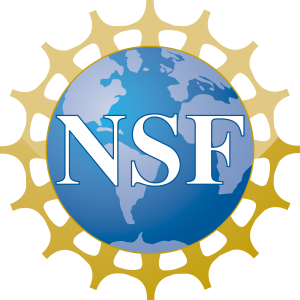 Recently, the National Science Foundation (NSF) has been looking to highlight the value of convergence. The deep integration of multiple disciplines in order to advance scientific discovery and innovation. As a result, they have announced their first set of convergence awards.
Recently, the National Science Foundation (NSF) has been looking to highlight the value of convergence. The deep integration of multiple disciplines in order to advance scientific discovery and innovation. As a result, they have announced their first set of convergence awards.
The 23 newly awarded projects will foster convergence to address grand challenges in the context of five of NSF’s “10 Big Ideas for Future NSF Investments,” a set of cutting-edge research agendas uniquely suited for NSF’s broad portfolio of investments. One of these five ideas is work in the human technology frontier space.
This is also, quintessentially, one of the Computing Community Consortium (CCC) 2017-2018 task forces. The Human Technology Frontier task force focuses on the role of technology to augmenting human performance, including but not limited to, in the workplace, in the classroom, and to improve health outcomes.
Some of the human technology frontier awards in the 2017 convergence portfolio include:
- Collaborative: Workshop on Convergence Research about Multimodal Human Learning Data during Human Machine Interactions – North Carolina State University, Vanderbilt University
- Future Workforce Implications of Autonomous Trucks: Workshop on the Sociotechnical Research Challenges, Benefits, and Opportunities
- A Workshop Shaping Research on Human-Technology Partnerships to Enhance STEM Workforce Engagement
- From Making to Micro-Manufacture: Reimagining Work Beyond Mass Production
- Workshop on Converging Human and Technological Perspectives in Crowdsourcing Research
- Making “The Future of Work” Work: A Convergence Workshop on Experiments in Tech Work-Maker Culture, Coworking, Cooperatives, Entrepreneurship & Digital Labor
- A Research Coordination Network to Converge Research on the Socio-Technological Landscape of Work in the Age of Increased Automation
- RCN: Enhancing small and mid-level farm viability through a systems-based research network: Linking technology and sustainable development and practice
These NSF awards will tackle the challenge of jointly addressing both sides of the human technology frontier in work settings that use intelligent machines, which have the ability to learn and interact with other systems and humans.
See the full NSF press release to learn more.









